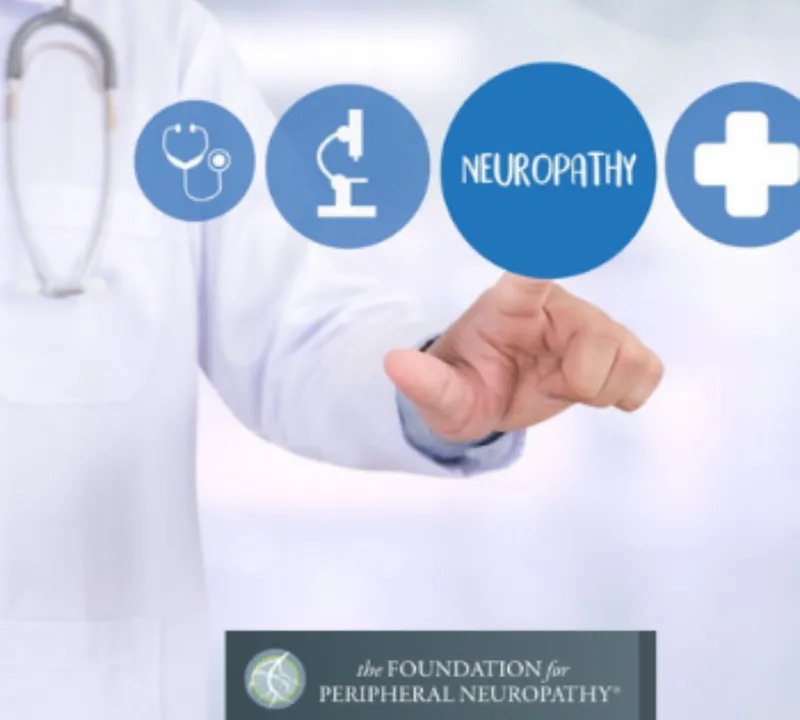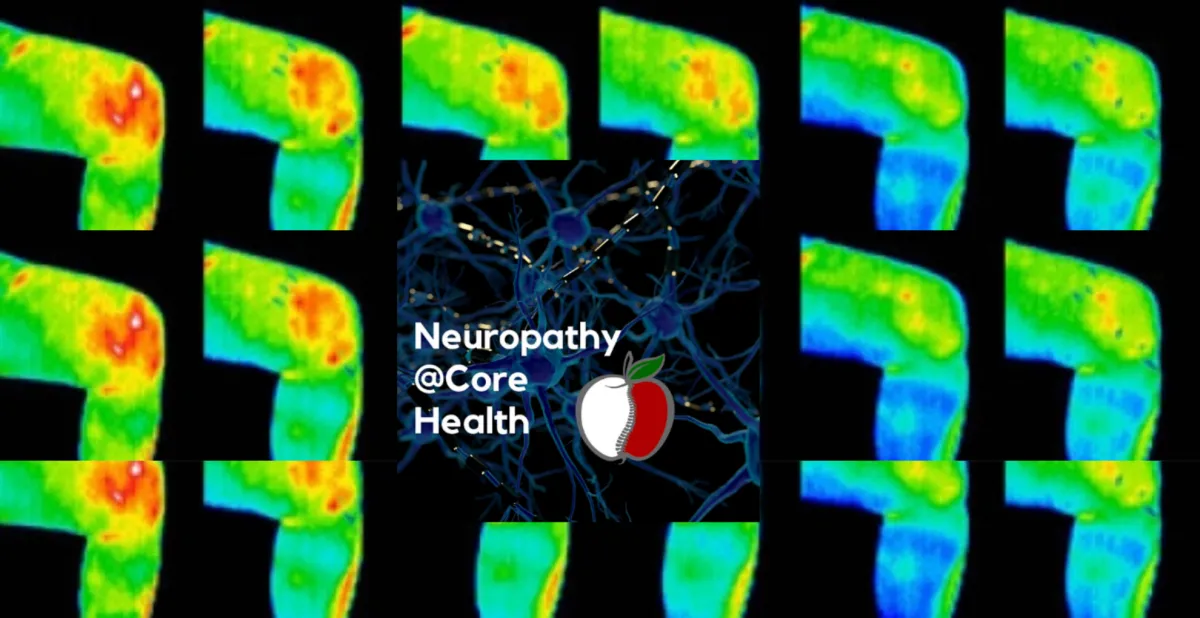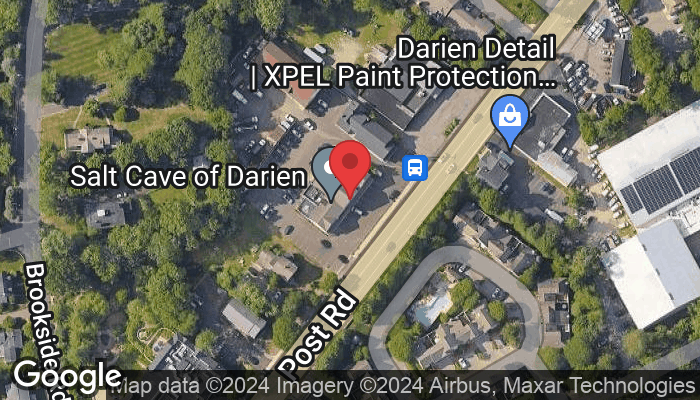Neuropathy From Chemotherapy
Chemotherapy Induced Peripheral Neuropathy

Chemotherapy Induced Neuropathy
Feeling the persistent prickling, burning, or numbness caused by chemotherapy-induced neuropathy can be frustrating. The impact on your daily life may surprise you, affecting simple tasks and quality of life. But fear not, as understanding the intricacies of this condition and exploring effective management strategies can provide relief and support. Stay tuned to uncover valuable insights and practical tips to navigate the challenges posed by chemotherapy-induced neuropathy, empowering you to regain control and improve your well-being.
Understanding Chemotherapy-Induced Neuropathy
If you're a cancer patient undergoing chemotherapy treatment, understanding chemotherapy-induced neuropathy is crucial for managing its impact on your quality of life. Chemotherapy neuropathy, also known as peripheral neuropathy, occurs when the chemotherapy drugs damage the peripheral nerves, causing symptoms that can significantly affect your well-being. These symptoms include numbness, tingling, burning pain, sensitivity to touch and temperature, and muscle weakness. The nerve damage caused by chemotherapy neurotoxicity can disrupt the proper transmission of signals, lead to axonal degeneration, alter nerve function, and contribute to vascular damage in the nerves. It is essential to recognize that the severity and duration of chemotherapy-induced peripheral neuropathy can vary based on the type of chemotherapy drugs used, the treatment duration, and individual factors. Communicating openly with your healthcare team about your symptoms is crucial for implementing effective management strategies.
Common Symptoms of Neuropathy
Experiencing common symptoms of Chemotherapy Induced Neuropathy (CIN) can significantly impact your daily life during cancer treatment. Chemotherapy-induced nerve damage can lead to various manifestations of peripheral neuropathy, including neuropathic pain, numbness, and tingling sensations in your hands, feet, fingers, or toes. You may also encounter burning or shooting pain that can be sharp and intense, making daily activities challenging. Sensitivity to temperature changes and touch is common, with even light pressure exacerbating symptoms. Additionally, muscle weakness and coordination difficulties may arise in more severe cases, increasing the risk of falls and injuries. Understanding these symptoms of chemotherapy neuropathy is crucial for seeking appropriate support and management strategies. Communicating openly with your healthcare team about these experiences can help in developing a comprehensive approach to alleviate discomfort and enhance your quality of life during cancer treatment.
Risk Factors for Developing CIN
Several factors contribute to the development of Chemotherapy Induced Neuropathy (CIN), impacting cancer patients undergoing chemotherapy treatment. The risk factors for developing CIN include the type and dosage of chemotherapy drugs used, the duration of treatment, and individual patient characteristics. Certain chemotherapy drugs have a higher likelihood of causing neuropathy, leading to chemotherapy-induced nerve damage in the peripheral nerves. Patients receiving these drugs may experience symptoms such as peripheral neuropathy from chemotherapy, including chemo-induced neuropathic pain. Additionally, pre-existing conditions like diabetes or a history of neuropathy can increase the vulnerability to developing CIN. Age and genetic predisposition also play a role in determining the risk of experiencing CIN symptoms. By understanding these risk factors, Neuropathy@CoreHealth can tailor treatment plans to mitigate the impact of CIN and improve the overall well-being of individuals undergoing chemotherapy.
Managing and Treating CIN
To effectively manage and treat Chemotherapy Induced Neuropathy (CIN), healthcare providers tailor treatment plans based on the specific chemotherapy drugs used, treatment duration, and individual patient characteristics. Your healthcare team may recommend a combination of medications to help alleviate pain and discomfort associated with CIN. Physical therapy can also be beneficial in improving strength and mobility, making it easier for you to perform daily activities. Lifestyle adjustments, such as modifying your daily routines to accommodate any limitations caused by CIN, can also play a crucial role in managing symptoms. Additionally, alternative therapies like acupuncture or transcutaneous electrical nerve stimulation (TENS) may offer relief. Communication with your healthcare team is key in ensuring that your symptoms are effectively managed. By openly discussing your experiences and concerns, your medical providers can tailor a comprehensive treatment plan that addresses your unique needs and helps improve your quality of life while undergoing chemotherapy.
Prevention Strategies for CIN
Implementing proactive measures can help reduce the risk of developing Chemotherapy Induced Neuropathy (CIN) during cancer treatment. Some strategies to consider include maintaining a healthy lifestyle with regular exercise and a balanced diet rich in nutrients. Staying hydrated and getting enough rest can also support your body during chemotherapy. Discuss with your healthcare team the possibility of adjusting chemotherapy dosages or schedules to minimize nerve damage. Certain supplements like Vitamin B12 may be beneficial in protecting nerves. Additionally, considering alternative therapies such as acupuncture or yoga might help alleviate symptoms. Being proactive and informed about potential side effects can empower you in your treatment journey. Remember, open communication with your healthcare providers is key to implementing effective prevention strategies.
Conclusion
In conclusion, managing chemotherapy-induced neuropathy requires a multi-faceted approach to alleviate symptoms and improve quality of life. By working closely with your Neuropathy@CoreHealth and exploring various treatment options, you can effectively address the challenges posed by this condition. Remember to communicate openly with your healthcare providers about your symptoms and concerns, and together, you can find the best strategies to cope with chemotherapy-induced neuropathy.


